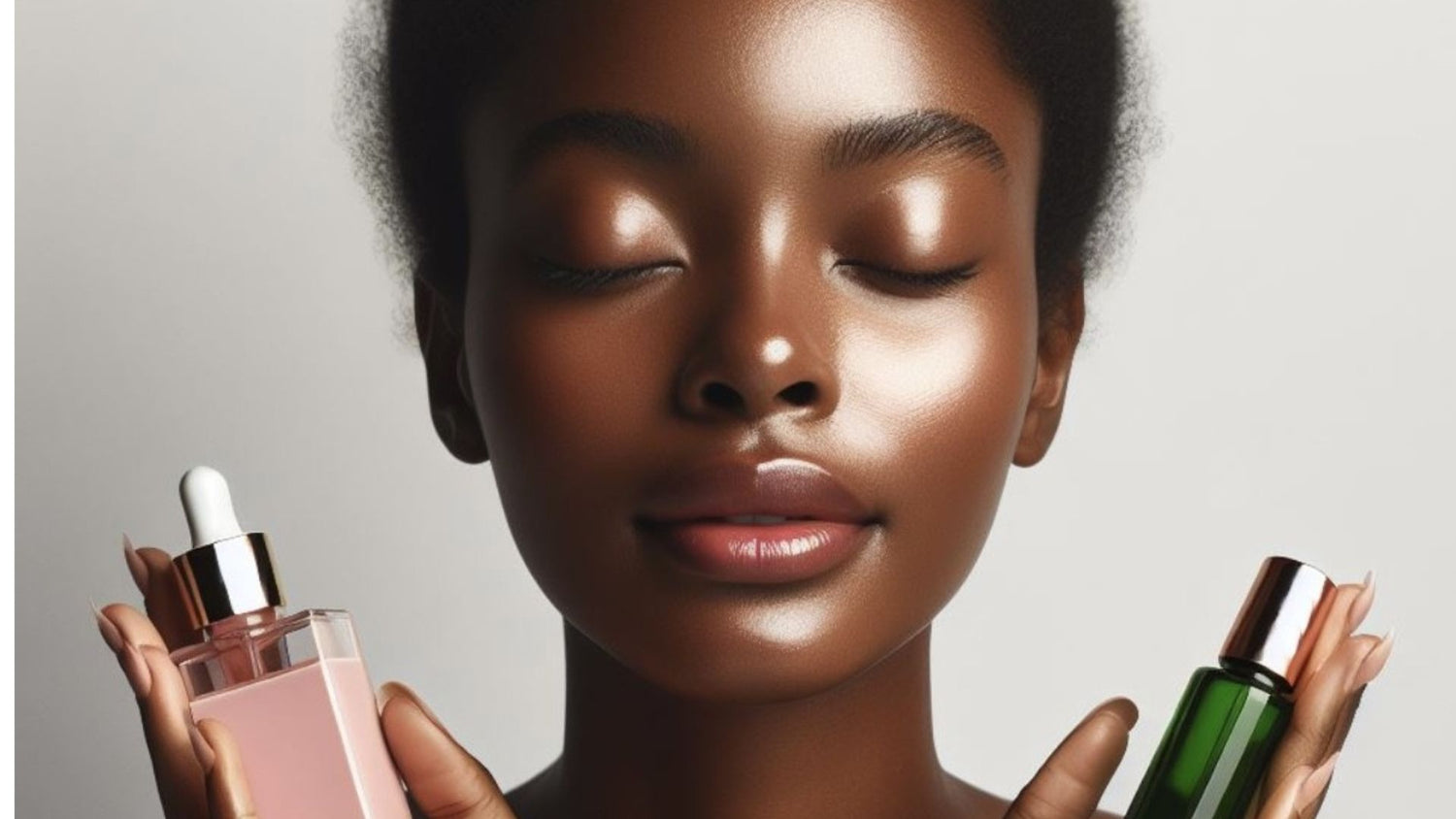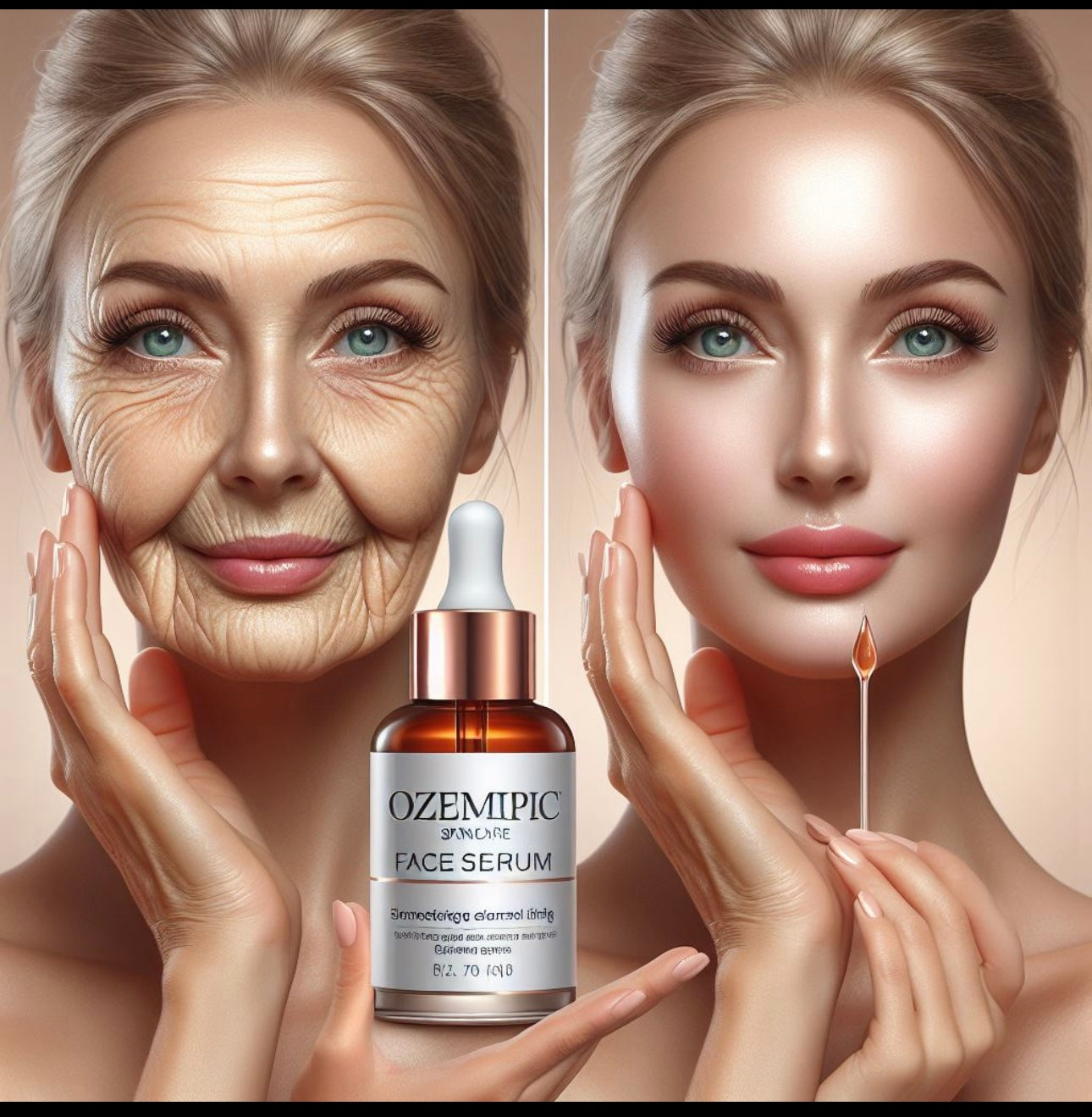Photo Courtesy of KSL.com
To date, research is not conclusive that phthalates can cause diabetes. Though there are over a dozen types of phthalates, certainly none of them are contributing any thing essential to your health. Many animal and human studies triggered justified concern about phthalates causing possible detrimental effects on the human body. Reputable companies that had phthalates in their products have already removed them. Most cosmetic companies have not added phthalates to their latest products. So by all means, please read on to learn about phthalates and what you need to know about the products you purchase.
Insist that they are not in your beauty products, INCLUDING the packaging. But no matter how high the level of phthalates (or how sweet your perfume may smell), it is not a leading cause of diabetes. Those risk factors continue to be hereditary/genetics, and lifestyle factors (diet, weight and physical activity).
Phthalates were introduced in the 1920s, as a better alternative to camphor (which is a volatile and strong-smelling solid chemical) for making plastics less rigid. In 1931, the commercial availability of polyvinyl chloride (PVC) and the development of di(2-ethylhexyl) phthalate began the boom of the PVC plasticizer industry.
In cosmetic formulas, phthalates to be concerned about is diethyl phthalate (DEP) having CAS No 84-66-2. This odorless liquid was an excellent, inexpensive solvent for perfume. Simply, it helped solubilize expensive fragrance oils in perfume sprays, creams, shower gels, etc. It is important to point out that phthalates come in different chemical structures, including solids. Confused?
Think about alcohol. There are port wines, flavored vodkas and beer. They all contain a liquid alcohol, ethyl alcohol, also known as ethanol. But take away one carbon from ethanol and you have methanol, also called methyl alcohol, which is highly toxic. Taking a sip of methanol can cause blindness and drinking 4oz would usually be fatal. Methanol is used in antifreeze and as fuel.
There are other alcohols used in creams such as in hair conditioners, like cetyl alcohol and stearyl alcohol. These chemicals, called fatty alcohols, are waxy solids that have emulsifying and conditioning properties.
Phthalates are becoming increasingly notorious. California banned the use of any types of phthalates in toys for children under the age of three. Yes, rubber duckies were among the items regulated for phthalates since 2008. This is not to be confused with last year’s ban on the endocrine-disrupting Bisphenol-A (BPA) in plastic baby bottles and sippy cups.
Illustration by Brianna Harden from Good.is
Why were these vilified chemicals ever in children’s toys? Phthalates make plastics softer and more pliable. They also increase clarity, durability and longevity of plastics. Phthalates have been used in an array of things from a baby’s bottle or pacifiers, to rocket fuel. (SOURCE) They are in food, pill coatings, medical products and cosmetics. The Los Angeles Times gave some examples of phthalate prevalence: vinyl flooring, seat coverings, raincoats, shower curtains, garden hoses and even sex toys; hospital equipment, nail polish and that “new car smell.”9
But no matter how high the level of phthalates (or how sweet your perfume may smell), it is not a leading cause of diabetes. For those that do suffer from diabetes there are marketplaces where you can buy and sell test strips.
Most reputable fragrance manufacturers and cosmetic companies no longer use phthalates (specifically diethyl phthalate) as a fragrance solvent or extender. There are many greener alternatives such as Zemea. Zemea has been on the market for over four years and was the first glycol solvent/DEP replacement that was approved as a natural ingredient by ECOCERT. Zemea is a 100% natural ingredient derived from corn sugar, which provides an alternative to petroleum-based glycols and glycerin in cosmetics and personal care formulations.
There’s no need to stop any of your beauty routines and obsessions. Researchers are doing their job and the global cosmetic safety, toxicology and regulatory organizations are continuously monitoring published research and getting the news out to cosmetic companies and formulators. Every year, the goal is for products to be safer and greener than the previous year.
What do you lovely ladies think of phthalates in your products? Do you buy phthalate-free products only? Let us know by commenting below, which will automatically be posted to our Community Forum (click here to check it out!) where you can find other beauty related discussions! Don’t forget to also submit a photo to our Photo Of The Day (click here!) feature, where a new photo will be picked daily. Your photo just might be selected, so get going!
– Judi Steward, cosmetic chemist and formulator
For more giveaways and contests, sign up for our newsletter HERE.
If you like this post, share it with your friends and give it a LIKE on Facebook.







